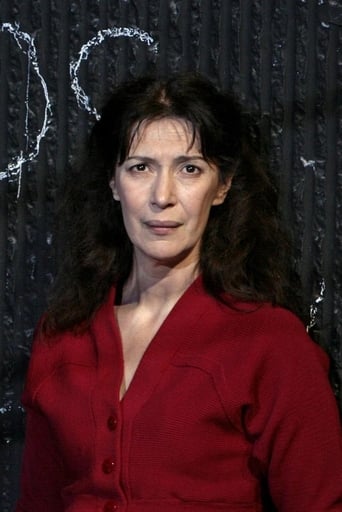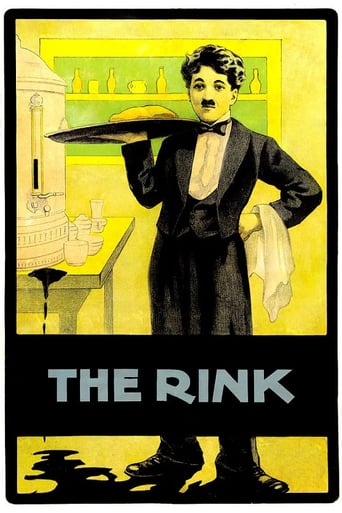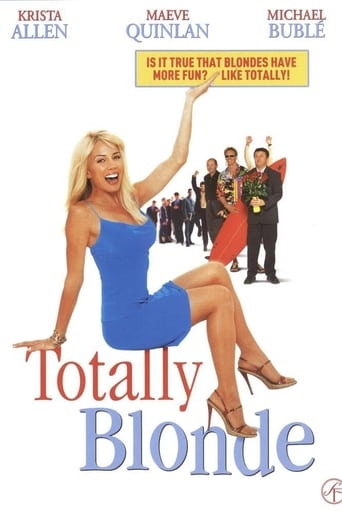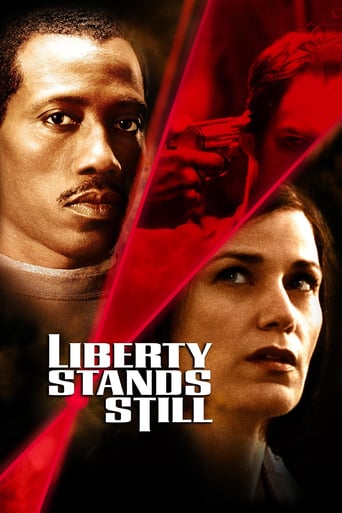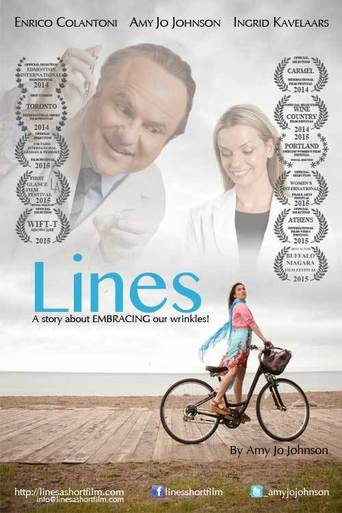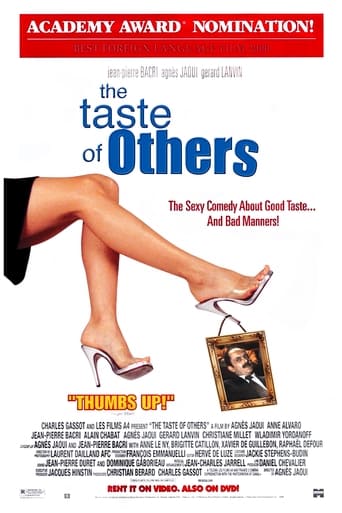
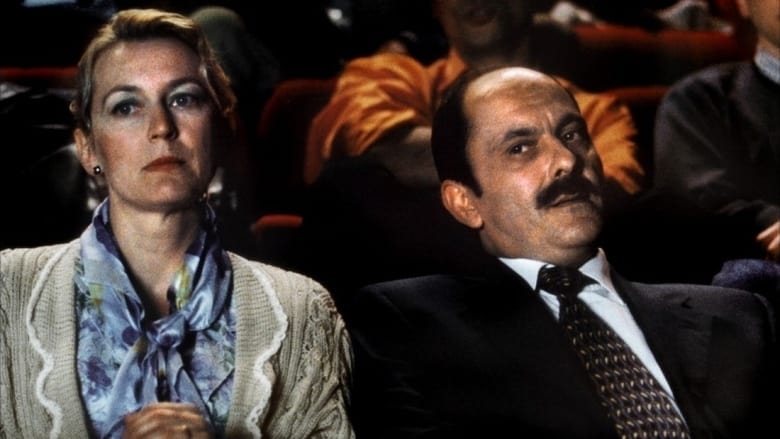
The Taste of Others (2000)
Unpolished and ultra-pragmatic industrialist Jean-Jacques Castella reluctantly attends Racine's tragedy "Berenice" in order to see his niece play a bit part. He is taken with the play's strangely familiar-looking leading lady Clara Devaux. During the course of the show, Castella soon remembers that he once hired and then promptly fired the actress as an English language tutor. He immediately goes out and signs up for language lessons. Thinking that he is nothing but an ill-tempered philistine with bad taste, Clara rejects him until Castella charms her off her feet.
Watch Trailer
Cast
Similar titles
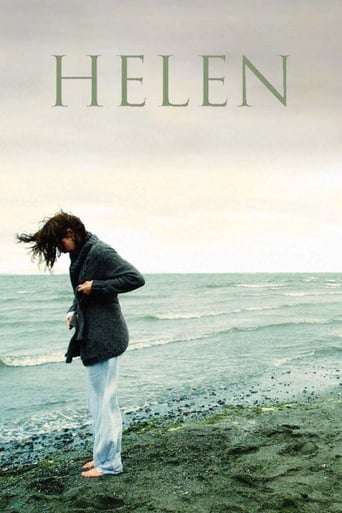

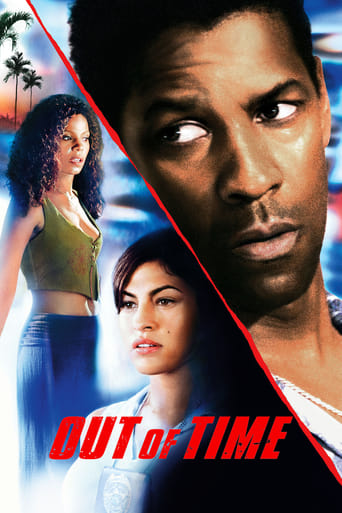
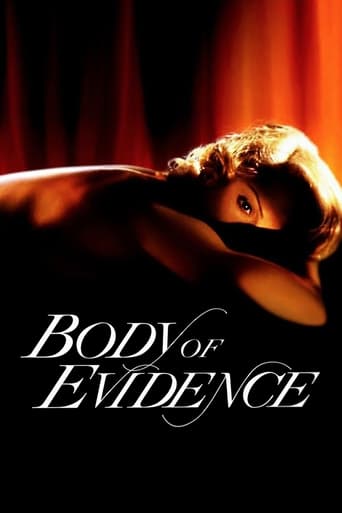
Reviews
Good concept, poorly executed.
Am i the only one who thinks........Average?
If the ambition is to provide two hours of instantly forgettable, popcorn-munching escapism, it succeeds.
It's funny, it's tense, it features two great performances from two actors and the director expertly creates a web of odd tension where you actually don't know what is happening for the majority of the run time.
This review will never achieve in representing the wonderfully joyous feeling this picture gave me, because HOW can I express into words these feelings of love and hilarious joy, that are so subtle and sweet? I am not a writer, I am merely an ordinary yet passionate movie lover. But the only thing I want to achieve with my review is to seduce everyone who is reading this to give this movie a chance, just for 15 minutes. If you dont get the subtle humoristic direction within the first 15 minutes than this is just not the sort of comedy you like. No problem whatsoever. But everybody please do give this gem a chance, because for all those who already love the smaller arthouse movies, especially for those who already love French cinema and the finer French comedies, this is truly one of the best french comedies ever performed on the moviescreen. The more often I see it, the more I have come to love it, because the acting AND the dialogues AND the direction AND the soundtrack AND the editing are all together one subtle comical hommage to LOVE. Vive L'amour! I just wanna explain with this little review that this movie is all about being rejected and finding love again. All the characters in this movie struggle with broken hearts, and they all still do long passionately to find true love again. Will they? Ofcourse they will. This is one terrific feel good movie, with some melancholic french notes mixed into it, because there is no comedy without some true to life drama. Think of Woody Allen falling in love, for those unfamiliar with french comedies. That doesnt do justice to this french masterpiece, but I dont know how else I can convince people to give this movie a chance. Woody Allen's comical whining about his trouble with women comes close to the whining in this picture about the failed relationships. But everything is portrayed so comically that the most depressing break ups and misunderstandings between men and women are just a joy to watch.
This odd-couple ensemble comedy was reportedly inspired by "Hannah and Her Sisters," but in this case co-writers Jean-Pierre Bacri and Agnès Jaoui are working on a bigger canvas with a broader brush. Instead of those wrapped-too-tight Manhattanites and their 85-room apartments (very common in NYC), we get a dufus businessman's Norman cottage done up in Late Laura Ashley and the tiny "piaules" where a cute waitress (Jaoui, who also directed) cooks pasta for her boyfriends and deals a little hash or, as the case might be, a lovelorn chauffeur practises his flute. As the title suggests, there's an element of culture clash—M. Castella, the businessman (Bacri), is blown away by an actress's performance in a Racine tragedy ("Crap, it's poetry!," he grumbles as the play begins), but she can't get too interested, at least in principle, in a guy who tells peepee-caca jokes and confuses "Rigoletto" with the Juanita Banana jingle (she doesn't even know about the Danielle Steele thing ). And as with Woody, the script does pander a bit—M. Castella finally gets it right when he buys an opera CD and, to atone for an antigay slur at a gallery opening, an abstract painting that clashes with his wife's decor. Likewise, there's a funny moment when M. Castella's tough-guy bodyguard, Frank, exercises his droit de coolest guy in the room (trying hard to avoid a spoiler here), but it's the flute-playing chauffeur, Bruno, who turns out to be the better man. I'm not sure there are too many life lessons for us here, but "The Taste of Others" is lively and involving from start to finish; the dialogue is sharp and slangy, and if you learned French in high school, you may pick up some useful new words. Available on disk from Netflix.
I knew absolutely nothing about this film other than what the DVD cover said. In giant yellow letters were reviews saying "witty"and "laugh-provoking" and so I naturally thought the film would be a comedy. Well, to me it really wasn't. I did laugh once very briefly--and a small laugh at that. Now this ISN'T meant as negative criticism--the film's makers were not responsible for how it was mismarketed. The movie still worked for me as a romance but only once I let go of my expectations and forced myself to watch through the first 20 or so minutes (which were pretty slow), I found the movie interesting and different--something that occurs too seldom with films. I wouldn't strongly advise a person to seek out the movie, but it's a harmless diversion.The main theme of the movie is mismatched pairs. Mr. Castella is in an unhappy marriage and most of this seems to be because his wife hates people--making herself a lousy partner. The one laugh I had was when this terrible woman's dog bites a passerby. Instead of showing any sympathy, she blames the man! Then, you find out her dog bites people all the time but it's always the victim's fault! Mr. and Mrs. Castella go to a play and Mrs. Castella talks through much of the play and finds fault with everything. Mr. Castella usually hates the theater but is mesmerized by the performance of one of the actresses--the same lady who is also his English language tutor. Mr. Castella spends much of the movie trying to hang around this actress and her bohemian friends--even though he really has nothing in common with them and appears to have no chance with the lady.There are a couple parallel plots that also have to do with mismatched couples. One is Mrs. Castella who tries for once to reach out to another person--in this case, her estranged sister-in-law. Another involves a drug-selling lady who works in a bar and is pursued by a conservative man! All these relationships are difficult, if not impossible to believe. Some work out, some do not. Despite me NOT believing the old axiom that "opposites attract", the film is clever and well made--with very believable and low-key acting by people who act like real people. I respect the film a lot--though I didn't find myself thrilled enough to understand how it was nominated for the Best Foreign Film Oscar. But what do I know?Incidentally, Jean-Pierre Bacri not only played Mr. Castella but he also wrote the screenplay. I have seen him in several films and like his persona--an "everyman" who is pretty likable.
Why can't American directors make movies like this? It's quiet, calm, small, understated, beautifully paced (read: slow and leisurely) and thought-provoking. The premise of the movie is not whether opposites attract (which would be nothing new) but whether our preconceptions often keep us closed down to new people and new experiences. With some gentle nudges, the characters in this lovely movie take deep breaths, look again at people and situations, and see what had been missed before. And yes, it does make us think about how art enriches us and helps us abandon the old preconceptions. Jean-Pierre Bacri is, as usual, splendid, making himself mildly repulsive and appealing, almost simultaneously (though he ends up definitely on the appealing side of the line.) How does he do it? And it's a treat to know that the actress playing the younger woman, Manie, is both the film's director and screenwriter. If you want to know what I mean about pacing, just watch the main character, Clara, as she comes out of cafe after having been stood up for an English lesson. An American director would have cut the scene as she leaves the cafe and bustles across the street in the rain, annoyed and wound up tight as a drum. But in this movie, the camera follows Clara as she walks in the rain down a long street - the shot just lasts forever, and you can see all of Clara's irritation dissipating and turning into loneliness. It's a beautiful shot.


